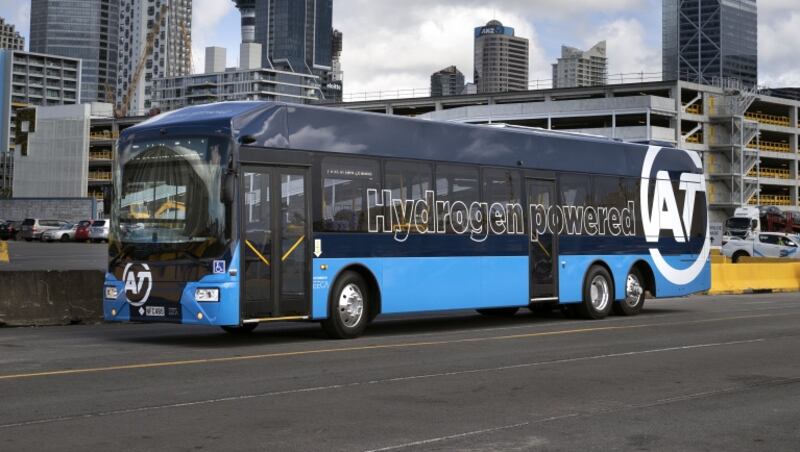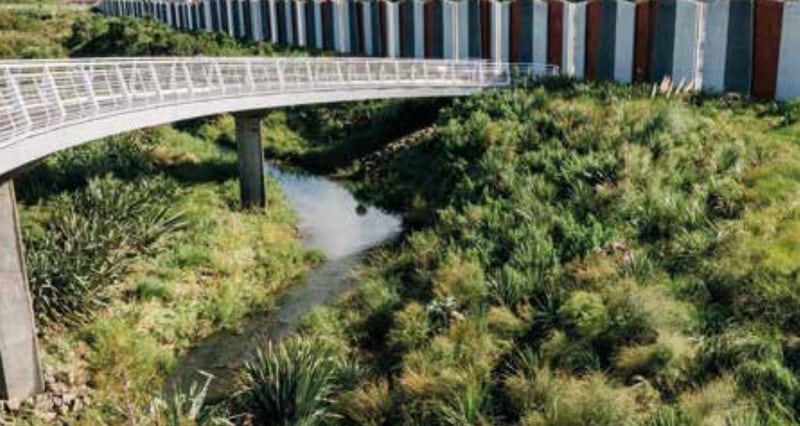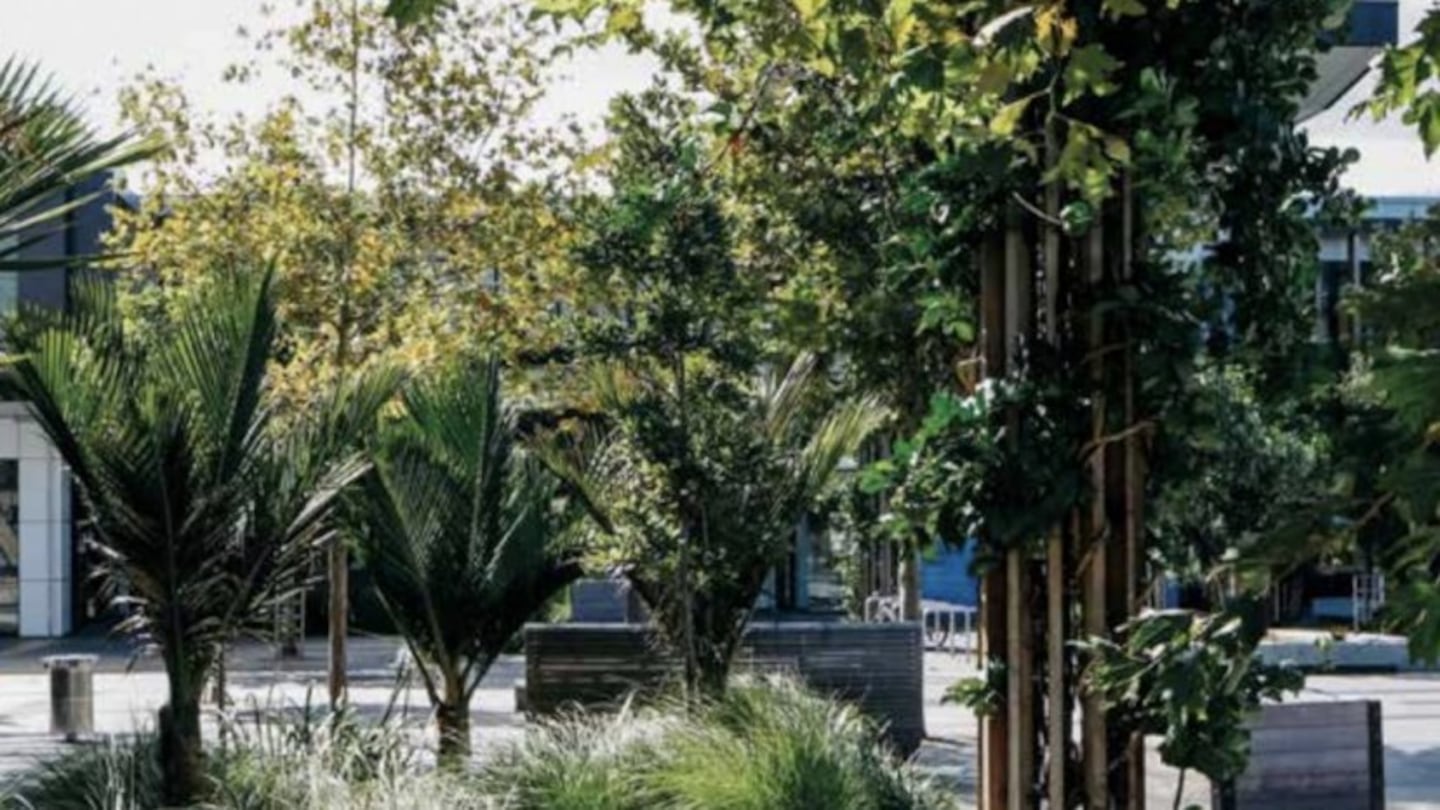Auckland Council will spend $1 billion mitigating climate change including planting rākau and buying a fleet of 79 hydrogen or electric buses, if its latest Climate Action plan (Te Tāruke-Ā-Tāwhiri) is approved.
Some $580 million is being sought over the next 10 years; the request coming as part of the council's annual budget proposal that says climate change is ‘becoming more evident every day’ with one-in-100 year events occurring more frequently. "We know the level of change needed requires difficult decisions, and significant investment," it says.
Central to Tāruke-Ā-Tāwhiri is planting 15,000 trees to create ‘urban ngahere’ (forests). The plan is to increase tree cover across urban areas to 30 per cent, with a minimum of 15 per cent coverage in individual regions.
The council says the Mana Whenua Kaitiaki Forum, a collective of the 19 hapū and iwi authorities of Tāmaki Makaurau, worked with the council through the development of the plan.
Tiny forests in parks, food forests and māra kai (including fruit tree planting) will go alongside grants for rongoā planting and boosts to existing bush areas.
The trees will provide cooling and shade in areas most vulnerable to extreme heat, according to the plan.

Auckland transport unveiled its first hydrogen bus in March 2021 / Auckland Transport
Emissions from transport are also a focus, the plan highlighting 43.4 per cent of Auckland’s emissions coming from transport, it will see 10 new frequent bus routes servicing South Auckland, West Auckland, Ōrakei, Tamaki and New Lynn to Onehunga via Mount Roskill. There will also be an extension to the frequency of the Northern Express up to Hibiscus Coast station.
Central to tackling emissions is Auckland Transport adding 79 electric or hydrogen buses to its fleet. It will also increase the frequency of 69 bus services.
“These changes will ensure over a million Aucklanders will be within 500 metres of an improved bus service, and 170,000 more people will be within 500 metres of a frequent bus route, making public transport a more appealing and convenient option.”
Six to seven additional low emissions ferries, wharf upgrades and charging infrastructure as well as up to 35 kilometres of ‘walking connectivity improvements’ will also be part of the plan.

Urban ngahere is part of an Auckland Council plan to make the city greener / Auckland Council
Footpaths, new pedestrian crossings, improved accessibility and increased pedestrian lighting in key locations across Auckland are all part of the broader strategy.
If adopted, the plan will cost the average households $58 a year ($1.12 per week).
Ratepayers have the opportunity to submit support or opposition to the plan via the akhaveyoursay.nz website. Following any changes made after the consultation period the Annual 2022/23 Budget will be adopted in June.


